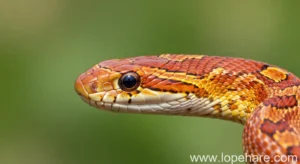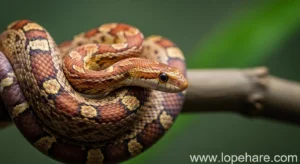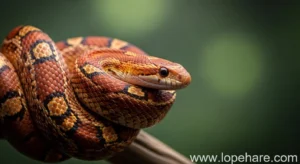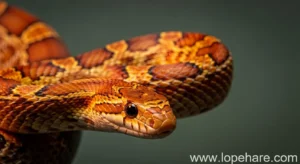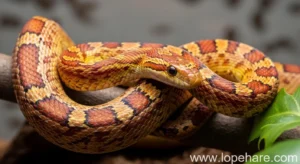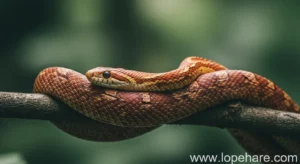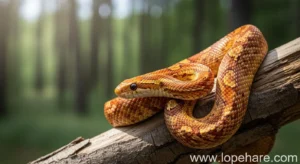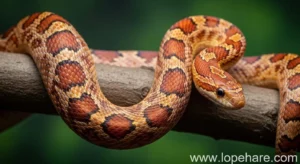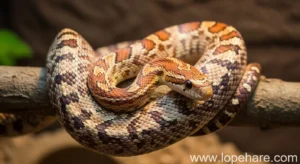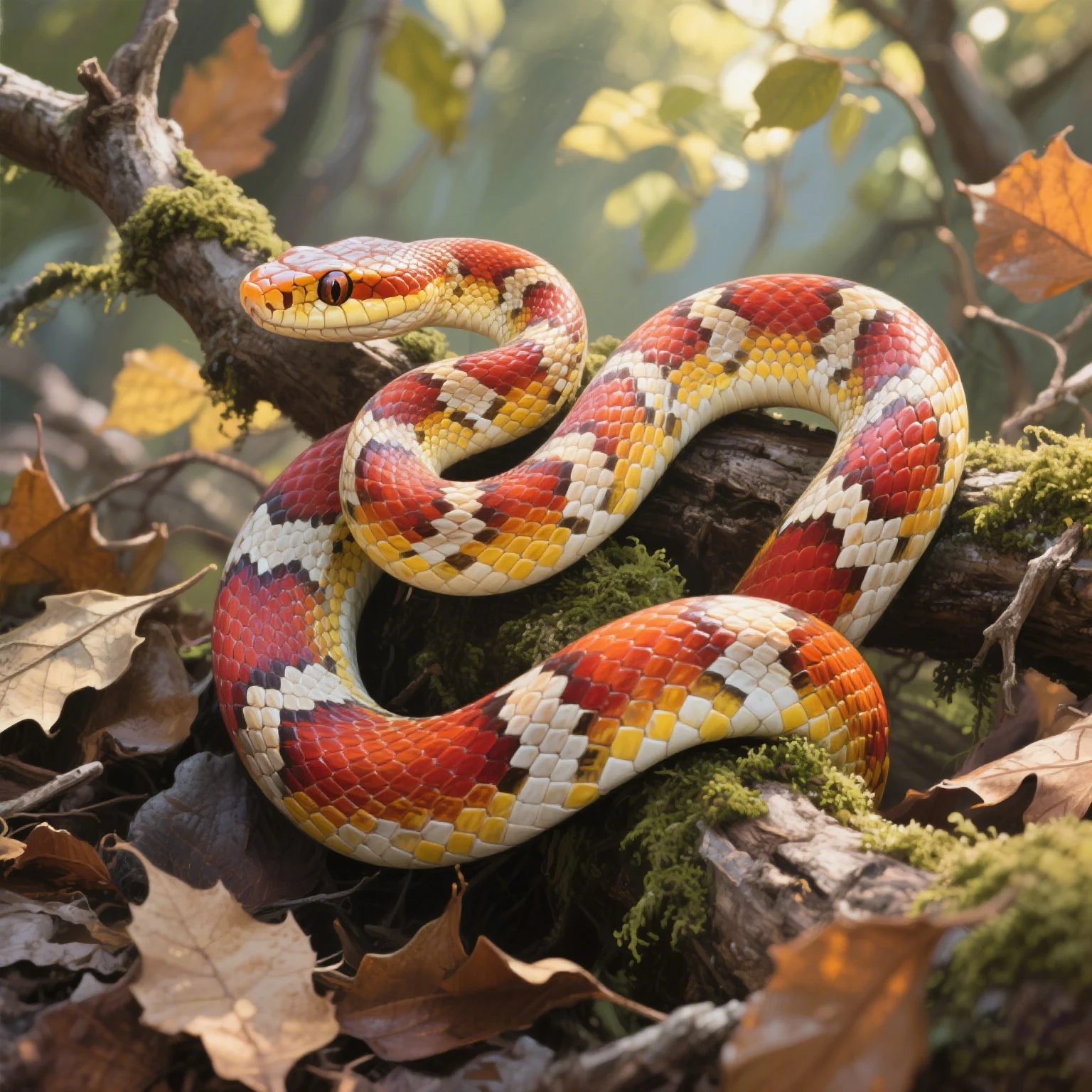
Reptile Acquisition
Finding a Reputable Corn Snake Breeder: What to Look For
Bringing a corn snake into your home is an exciting step! These gentle, relatively low-maintenance reptiles are popular pets, known for their docile nature and striking variety of colors and patterns (morphs). However, like any pet, the health and temperament of your new corn snake often depend heavily on where it came from. As editors at lopehare, a site dedicated to providing comprehensive, professional care knowledge for niche pets like reptiles, we’ve seen firsthand how crucial it is to start with a healthy animal from a responsible source. Skipping the research phase when finding a reputable corn snake breeder online or locally can lead to heartache and significant veterinary costs down the line.
So, what defines a “reputable” breeder, and how can you distinguish them from someone simply looking to make a quick sale? Let’s dive into the key factors.
Why Your Choice of Breeder Matters
A good breeder prioritizes the health and welfare of their animals above all else. This means:
- Ensuring proper genetics to minimize inherited health issues.
- Providing optimal husbandry (temperature, humidity, feeding, enclosure) from birth.
- Handling the snakes regularly to promote good temperament.
- Being knowledgeable and honest about the history and needs of the individual snake.
Conversely, irresponsible breeders or large-scale suppliers focused solely on volume may cut corners, leading to unhealthy, stressed, or genetically compromised animals. These issues might not be immediately apparent but can surface after you’ve brought the snake home.
Signs of a Reputable Corn Snake Breeder
Identifying a good breeder requires observation, asking questions, and sometimes, a bit of intuition. Here are the key indicators:
Health & Husbandry Knowledge
A reputable breeder is a wealth of information. They should be able to:
- Clearly explain the specific care requirements for corn snakes, including temperature gradients, humidity needs, substrate choices, and feeding schedules.
- Describe their own husbandry practices in detail.
- Discuss common corn snake ailments (e.g., respiratory infections, scale rot, mites) and their preventative measures.
- Explain the feeding history of the snake you are interested in – what it eats, how often, and when it last ate. A snake that is consistently taking prey is a good sign of health and proper husbandry.
- Be able to provide a history of the parents’ health and any relevant lineage information.
They won’t just sell you a snake; they’ll act as a resource, often offering ongoing support.
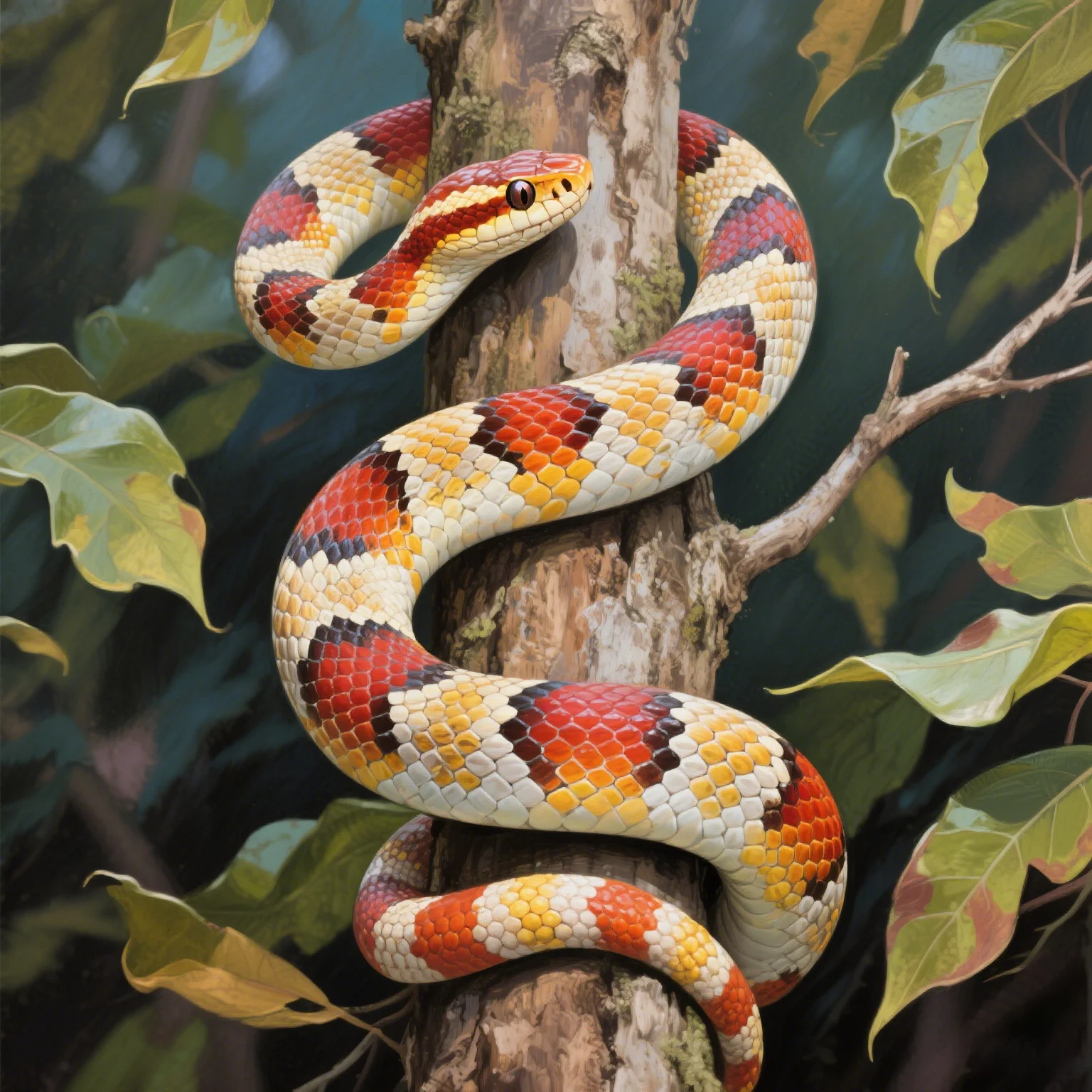
Genetics & History
Good breeders understand the genetics behind the morphs they produce. They should be able to:
- Accurately identify the morph of the snake.
- Explain the genetic makeup of the parents (if relevant to the morph).
- Be aware of potential genetic issues within certain lines or morphs, though corn snakes are generally robust.
- Provide an estimated age for the snake.
Responsible breeding isn’t just about producing pretty patterns; it’s about maintaining the species’ health and vigor.
Transparency & Communication
A breeder who is happy to answer all your questions, no matter how basic, is a good sign. They should:
- Allow you to see where the snakes are kept (either in person or via video/photos if remote).
- Provide clear terms of sale, including any health guarantees (though these can vary).
- Be accessible for follow-up questions after the purchase.
- Not pressure you into buying. They want their snakes to go to good, prepared homes.
Tip: Pay attention to how quickly and thoroughly they respond to emails or calls. Good communication is key.
Cleanliness & Organization
While visiting a large breeding operation might look different from a small hobbyist’s setup, signs of good hygiene are universal. Look for:
- Clean enclosures, free of excessive waste.
- Fresh water readily available.
- Appropriate temperatures and humidity levels visible on gauges (if present).
- Snakes that appear alert and healthy, with clear eyes and no visible mites or scale issues.
A clean environment minimizes the risk of disease and shows the breeder is diligent.
Red Flags: What to Avoid
Be wary of breeders who:
- Are hesitant to answer questions or are vague about their care practices.
- Cannot provide feeding records or history.
- Keep snakes in dirty, overcrowded, or inappropriate enclosures (e.g., improper heating/humidity, stagnant air).
- Have snakes that appear lethargic, have wrinkled skin (dehydration), cloudy eyes (potential shed issue or illness), or visible external parasites like mites.
- Offer snakes at unusually low prices – this can sometimes indicate corner-cutting.
- Pressure you to buy quickly or don’t seem concerned about your experience level.
Do Your Due Diligence: Don’t be afraid to walk away if something feels off. It’s better to wait for the right snake from the right source.
Key Questions to Ask
Come prepared with a list of questions. Here are some essential ones:
- What age is the snake?
- What is its feeding history (type of prey, frequency, date of last meal)?
- Can I see the parents (if possible)?
- What are your typical enclosure setup and husbandry parameters (temps, humidity, substrate)?
- Have there been any health issues with this snake or its clutch/lineage?
- What is your health guarantee policy?
- Do you offer any post-purchase support or advice?
- (If applicable) How do you handle shipping?
A good breeder will welcome these questions as it shows you are a serious and responsible potential owner.
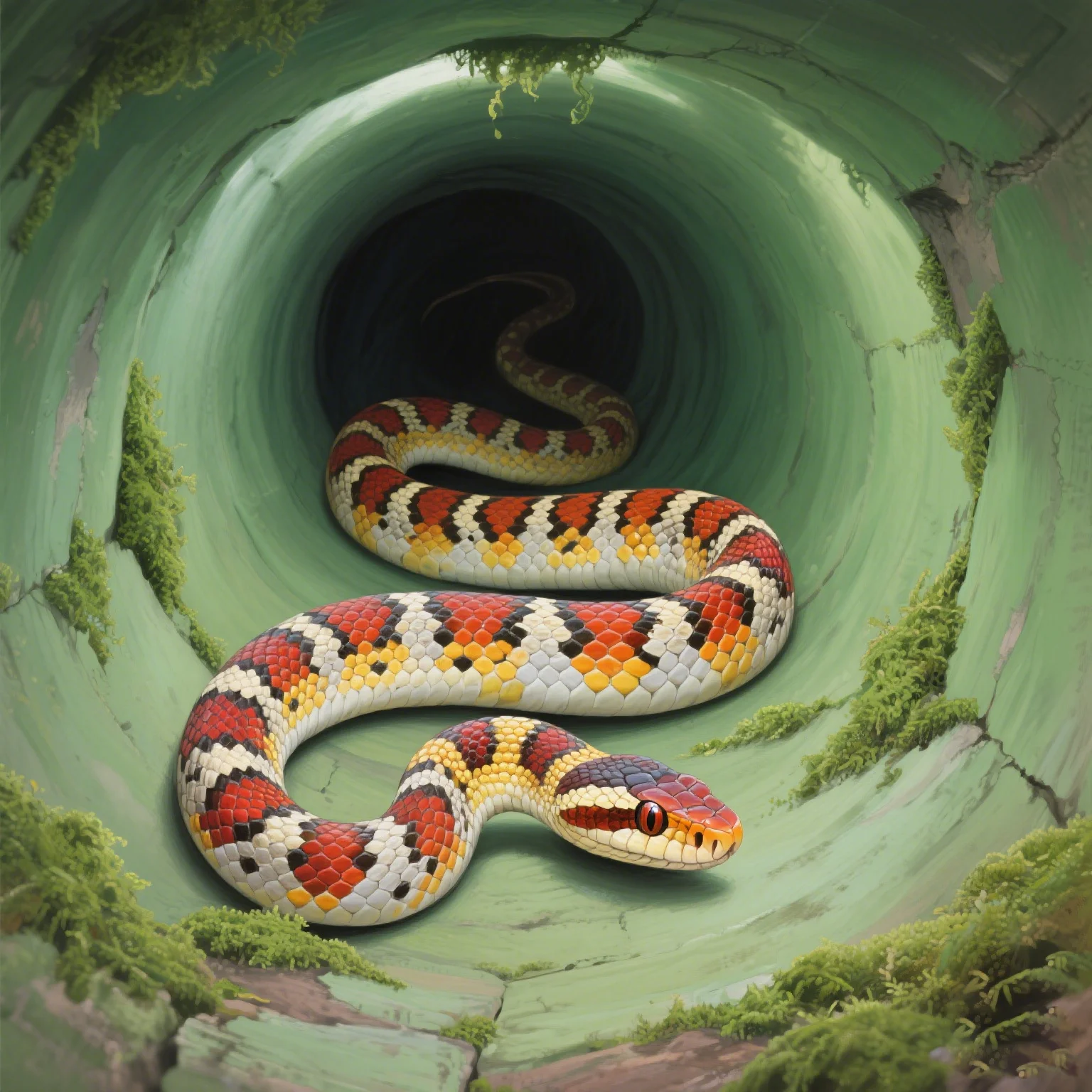
Making Your Final Choice
Once you’ve identified a potential breeder, consider the following points when you evaluate a snake, performing a thorough corn snake health check before buying:
- Appearance: Is the snake bright, alert, and active? Does it have clear eyes, smooth scales, and no visible mites, bumps, or wounds?
- Handling: Does the snake flick its tongue actively? Does it seem reasonably comfortable with gentle handling (some initial shyness is normal)? Is its grip strong?
- Environment: Does its enclosure look clean, appropriately sized, and correctly heated/humidified?
Remember, you are not just buying a pet; you are entering into a relationship with an animal that could live for 15-20 years or even longer. Starting with a healthy, well-socialized individual from a knowledgeable breeder is an investment in your pet’s future and your peace of mind.
Conclusion: Start Right for a Healthy Pet
While chain pet stores or large online marketplaces might seem convenient, sourcing your corn snake directly from a reputable breeder or a dedicated reptile rescue is often the best path to finding a healthy, well-adjusted animal. A good breeder provides transparency, expertise, and animals raised with care. Investing time in this search ensures you bring home a pet that is set up for a long, healthy life, allowing you to enjoy the rewarding experience of keeping a corn snake without the immediate challenges that can arise from poor sourcing.
References:
- Corn snake – Wikipedia
- Reptiles Magazine articles on corn snake care and breeders (General knowledge base)
